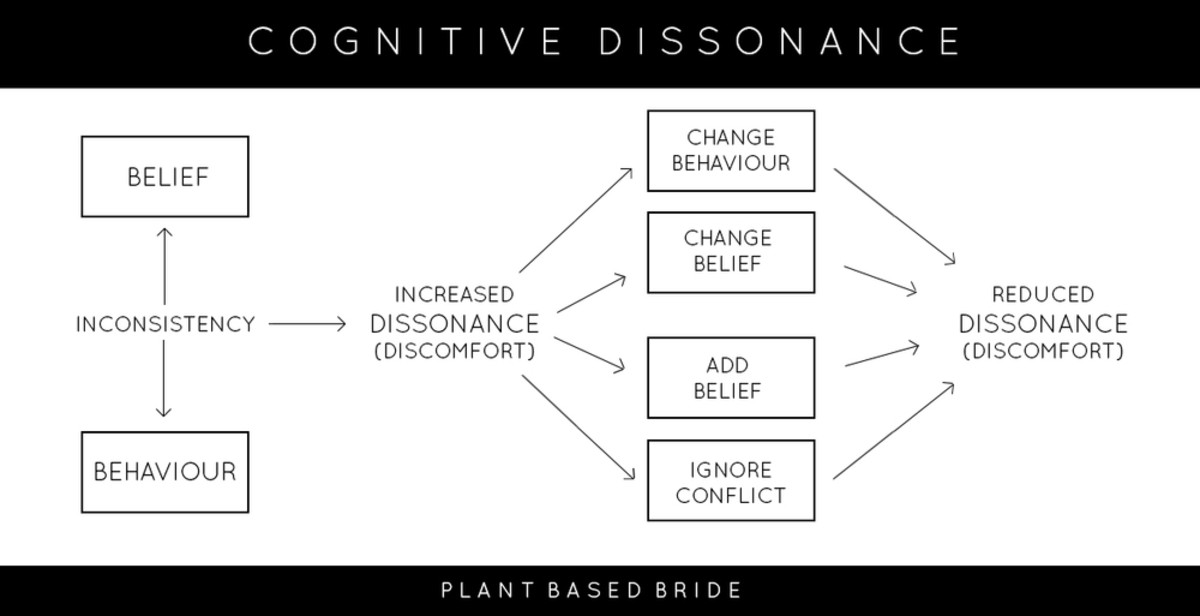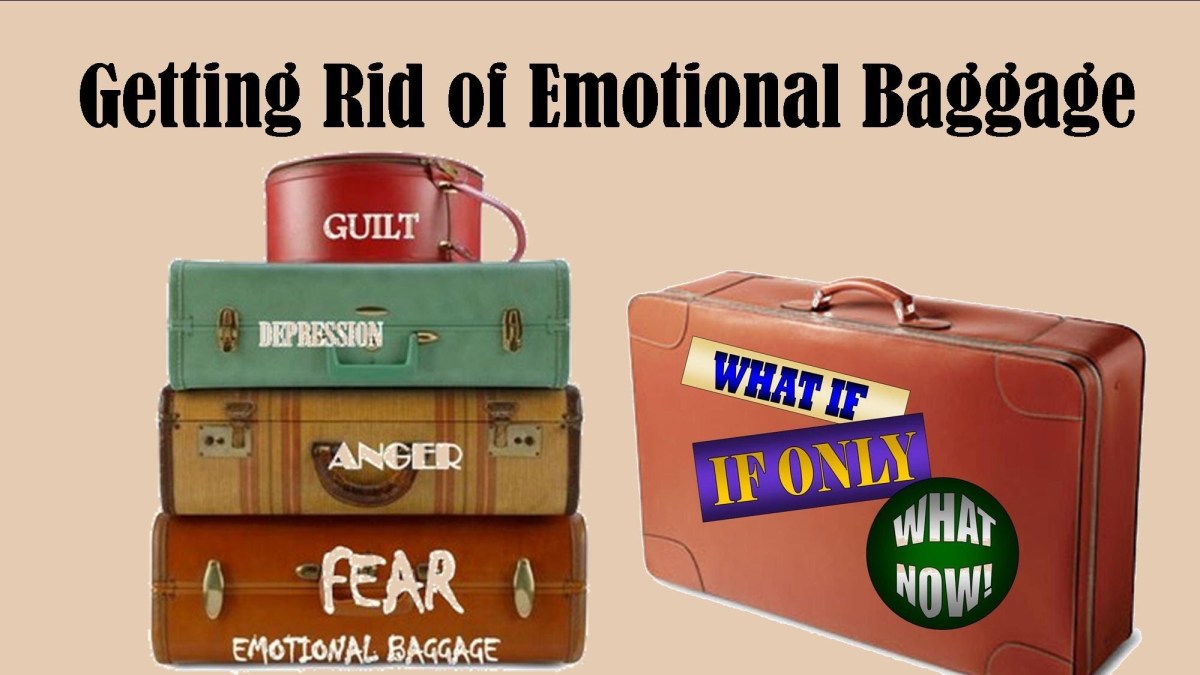Decisions, Decisions: Five Ways To Make Better Decisions


Decisions, Decisions: Five Ways To Make Better Decisions
June 3, 2013
Winston Wayne Wilson
@wwaynewilson
Good decisions don’t always mean good results – W. Wayne Wilson
In marketing, the term “post-purchase dissonance” refers to the buyer’s remorse that we might feel after buying something we were craving for, like say a nice, fully loaded, new red Lamborghini Murcielago. However, by the time we get home and stare at it in the garage, it doesn’t look so red hot anymore, especially when we start thinking about the $3,500 a month car note as well as the high insurance and maintenance costs. To make matters worse, little Tommy speeds into the garage on his bicycle and scratches up the driver side door. It is then that we turn redder than the car and start to hate the over-rated, gas-guzzling, cash munching grown up toy.
Recently, I was reflecting on some of the life and career decisions that I made over the years. What was fascinating to me, was the realization that the decisions I thought were good ones did not necessarily produce much better results than the ones that I thought were virtually horrific. Some of my worst, most impulsive decisions have serendipitously led me to the pinnacles of my life and career while some of my good-on-paper decisions left me stuck in a lingering rut. This led me to ask myself, “What makes a decision good?” We all want to make perfectly good decisions; however, as the quote above states, “good decisions don’t always mean good results.” So if good and bad decisions can take us to the right places then why bother to make decisions? Why not just take a “que sera, sera” approach to life? Much of the answer has to do with making decisions that you can live with so that you avoid, as much as possible, the post—purchase dissonance I described above. Here are five ways in which you can make better decisions that you can live with:
- Decide based on values. According to Walt/Roy Disney, “When your values are clear, your decisions are easy.” Hence, if you look at a decision as a juxtaposition of two values, the choice might become clearer because we can typically rank our values. In theory, we should make decisions that favor the thing we value the most. For example, if a valid check for $10,000 falls into your lap, do you invest it to enhance your and your family’s long-term financial security or do you indulge your need for immediate gratification and spend it all on something frivolous? If you value financial security more then, at a 5% average return, the money could grow to around $45,000 in thirty years. At the end of thirty years, your daughter might be getting married and the $45,000 will come in handy; an aging parent might need your help; a tattered roof might need fixing; or you might be going through your own hardships and need the money. The point is that even though it seems like a long time to reap the benefit of forfeiting immediate gratification, the reality is that, barring immediate medical emergencies or things like you and your children starving to death, there might be a lot more meaningful things that you can do with $45,000 in thirty years than you can do today with $10,000.
- Decide based on the facts. We live in an era of information overload because technology allows us to easily access all sorts of information. It is imperative to do research or perform due diligence, particularly when we are making fairly complex decisions about our finances, significant purchases, medical care, local and overseas travel, selecting a new job, and using certain service providers like baby sitters and repairmen. When someone’s offer seems too good to be true, it is even more critical to check out that vendor’s Better Business Bureau rating, or that service provider’s reference. Doing research does not mean that you will nail the decision and get good results every time; however, when we know that we did adequate due diligence before making the decision, it is oftentimes easier to live with the results (i.e. minimize post-purchase dissonance).
- Decide based on instincts. This is counter to the fact-based decision making process; however, there are times when your best decision is based on your gut not your brain. I attended a luncheon to honor the top women in Law and one of the honorees gave a terrific speech on career decisions. In her speech, she advised the smart, well-informed, “I have it all figured out” females entering the legal profession to not be so rigid in their decisions about what is the right career path or what is a good assignment that will advance their careers. She felt that some of her greatest learning experiences, and eventually most lucrative client relationships, were nurtured from assignments that her boss told her, wink, wink, were “great opportunities”. While she knew better than thinking that a 100 hour a week job in Timbuktu, to photocopy endless boxes of legal agreements and to do other menial tasks, was not what she graduated at the top of her class to do, her gut told her that maybe she could make something of it. And she did. In my own career, I have picked up some priceless skills (administrative, negotiation, conflict management, communication and leadership) from following my gut and working with managers and partners my peers avoided and taking on assignments that my colleagues thought were dead-end traps that would never lead to anyone making partner. When your gut says, “I think you should try this”, then you should because when you are open to a variety of career and life experiences you will learn more, grow more and succeed more.
- Decide based on your willingness to commit. Sometimes a decision is like a marriage - it is something you have to be able to live with for better or worse. We oftentimes make decisions assuming that we will get good results. Sometimes, however, we have to make a decision assuming a bad outcome. If you still want to do something despite the bad outcome, then go for it. If not, then think twice about doing it. For example, I have come very close to buying a house in a particular state because I have friends living there – and the houses there are much cheaper than New York and New Jersey. But when I asked myself if I loved the house enough to live in that state even if my friends got up and moved, the answer was a resounding no. That told me that it might be a bad idea to live there. Of course, I did not know for certain that it would be a bad experience - I could have moved there and my life turned out even better than it is now – however, that was not a decision I felt I could commit to and live with the adverse consequence of my friends moving and me being stuck there. On the flip side, A client of mine told me that she wanted to invest $10,000 in a financial product that I thought was way too risky for her. I asked her if she would be OK if she lost all the $10,000. Without hesitating she said, “absolutely yes”. I then said, “I don’t believe you but fine, go for it”. I still thought it was a bad idea; however, if she was truly OK with losing the entire $10,000, because she had other disposable income, then she was the perfect buyer for that product. I believe that, even when we think we are OK with losing money on investments we make, when we actually lose the money we still experience at least a twinge of post-purchase dissonance.
- Decide based on long-term consequences. Sometimes the long-term upside of a decision obliterates, or substantially balances out, the down side of that decision. This typically occur in situations where you have to “pay your dues” before you see any upside to your decision. For example, I once had to make a choice between two job options. One was clearly the winner on paper (higher salary and bonus, better title, higher ranked firm, sexier office, and better benefits). However, the other job had a better long-term career path. It was a very tough decision; however, I went with the job that had the better long-term prospects. I can tell you that, for the first five years, it was somewhat hellish and it looked like I had made a really horrible decision. Despite my doubts, I committed to sticking it out, learned as much as I could, displayed the best attitude I could, and ingratiated myself in every corner and crevice of the organization. In the end, the second five years were beyond my wildest career expectations. So, in making decisions, don’t always go for the obvious choice. Sometimes, it is wiser to take the high road and stick it out. You’ll be happy that you did.
My challenge for you today is to think of some of the choices that you have to make and try to see which of these approaches might work best. In the long-run, being flexible in your decision making process will help to minimize post-purchase dissonance. Good luck. Enjoy your day.






